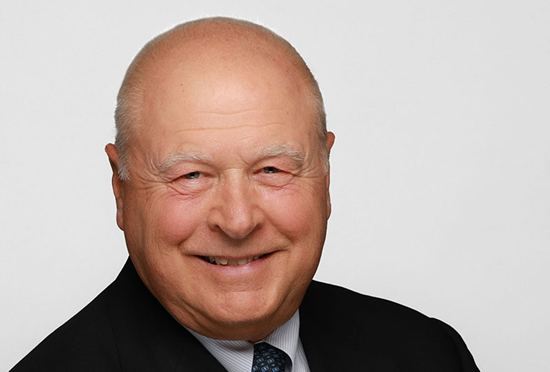Fed to scrutinise BNY Mellon's tri-party repo role after JPM exit

BNY Mellon will be under intense scrutiny from the Federal Reserve when it becomes the sole settlement provider for US government securities in the $1.7trn tri-party repo market.
Federal Reserve governor Jerome Powell said the bank will have to “raise the bar” and beef up its capital and liquidity requirements and strengthen its resolution planning given that it will be the only bank filling the role.
Earlier this year JP Morgan announced it would wind down settlement services for US government securities, adding that the high-volume low-margin tri-party repo business was "not core to its growth strategy.”
“Thirty years ago there were six banks providing a full suite of settlement services for US government securities,” said Powell in prepared remarks for a conference in New York on the structure of the US treasury market.
“Since the 1990s that had come down to two. As BNY Mellon becomes the sole provider, we will raise our expectations even higher.”
Powell, who joined the Federal Reserve in 2012, added that if unexpected complications arise over the next two years, JP Morgan may need to change its current two year timeline for an exit from the business.
Although the Fed's current task is to establish expectations for BNY Mellon as a sole operator, Powell said that focus should not be taken as an indication that the Fed or other authorities have pre-judged what the longer-term landscape for government securities settlement should look like.
“In fact, we do not have a specific market design end state in mind,” he said in a speech this week. “The industry as a whole should play an important role in shaping the evolution of the settlement infrastructure. Other firms may seek to enter this market.
There have also been discussions over time of a settlement utility, Powell added, and the DTCC is currently considering a new variant of such a model.
“Our focus is on the quality of the services offered--their safety, resilience, and support of the market--and not on the particular mechanism for offering them. If new proposals come forward that are consistent with our goals of a safe and resilient settlement system, then they will receive fair consideration.”
Found this useful?
Take a complimentary trial of the FOW Marketing Intelligence Platform – the comprehensive source of news and analysis across the buy- and sell- side.
Gain access to:
- A single source of in-depth news, insight and analysis across Asset Management, Securities Finance, Custody, Fund Services and Derivatives
- Our interactive database, optimized to enable you to summarise data and build graphs outlining market activity
- Exclusive whitepapers, supplements and industry analysis curated and published by Futures & Options World
- Breaking news, daily and weekly alerts on the markets most relevant to you




